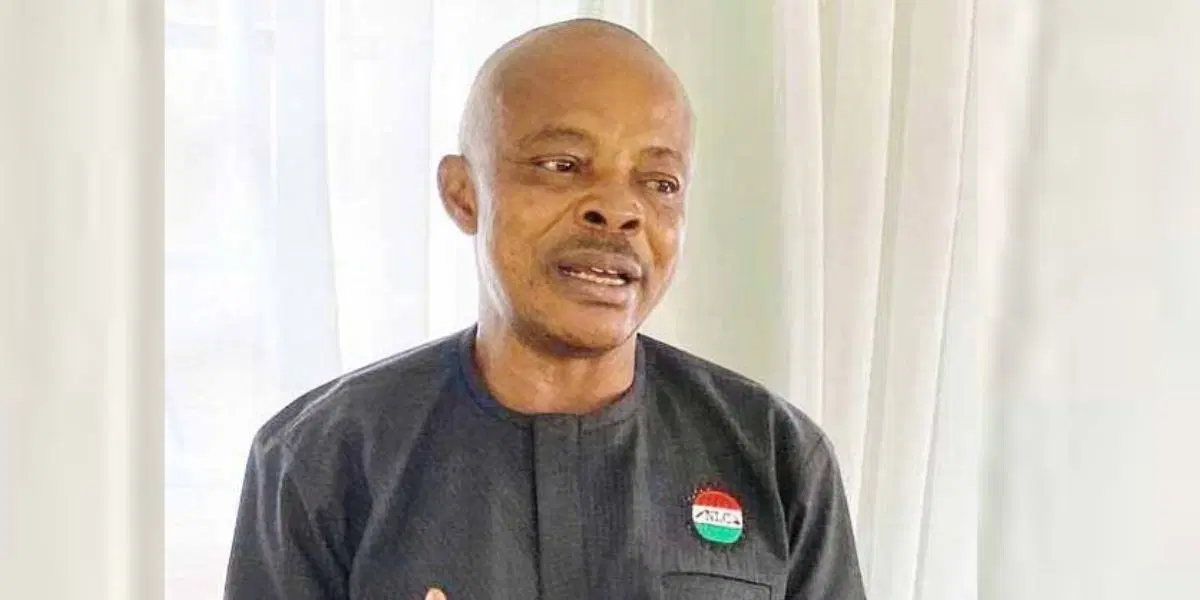By the evening of September 9, when the Department of State Services (DSS) released Nigeria Labour Congress (NLC) President Joe Ajaero, he appeared contrite and remorseful, perhaps even ashamed of his earlier actions. Ajaero had been invited twice by the DSS and failed to respond on both occasions. During the second invitation, he informed the new DSS chief that he was traveling abroad and could only attend the meeting upon his return, which was seen as a display of insufferable arrogance.
Unbeknownst to Ajaero, the DSS, acting on requests from the police and the Office of the National Security Adviser, had placed him on a ‘Watch List.’ Consequently, he was arrested at Nnamdi Azikiwe International Airport in Abuja on September 9 as he was about to board a flight to London. Ajaero was taken to the DSS office for interrogation regarding unspecified allegations. Official sources later indicated that the DSS had no specific charges against him but needed to address the issues raised by the police. The interrogation was conducted at DSS headquarters with his lawyer present.
Following his interrogation, Ajaero was released on bail and transported home in a heavily secured vehicle. He was asked to personally announce his release to his associates, but he delayed the announcement until late that night for reasons known only to him.
This account of Ajaero’s encounter with the DSS highlights that his arrest was not without cause, contrary to some claims. The NLC president was treated with respect and his rights were upheld throughout the process. The United Kingdom Trade Union Congress’s criticism of the Nigerian government for alleged human rights violations seems misplaced given the circumstances. The TUC-UK’s intervention could be viewed as meddling, and the Nigerian Presidency’s response to their criticisms was appropriate.
Ajaero’s refusal to honor a legal invitation from the Nigerian Police raises questions about his motives. It appears he may have acted deliberately to create tension over the already fraught fuel situation or to embarrass the government. The NLC’s reaction—issuing a midnight deadline for Ajaero’s release and preparing for a confrontation with the government—reflects the union’s typical approach. This inflexibility and readiness to resort to protest, despite the government’s attempts at good faith negotiations, is notable.
Recently, the NLC’s call for a strike over the National Minimum Wage, despite ongoing negotiations, disrupted business activities and was eventually resolved with a new wage agreement and a directive for a three-yearly review by President Bola Tinubu.

